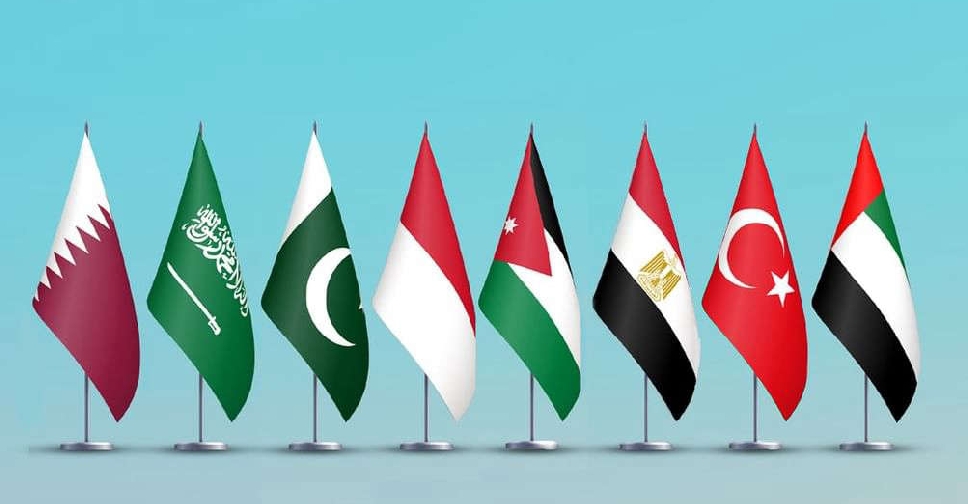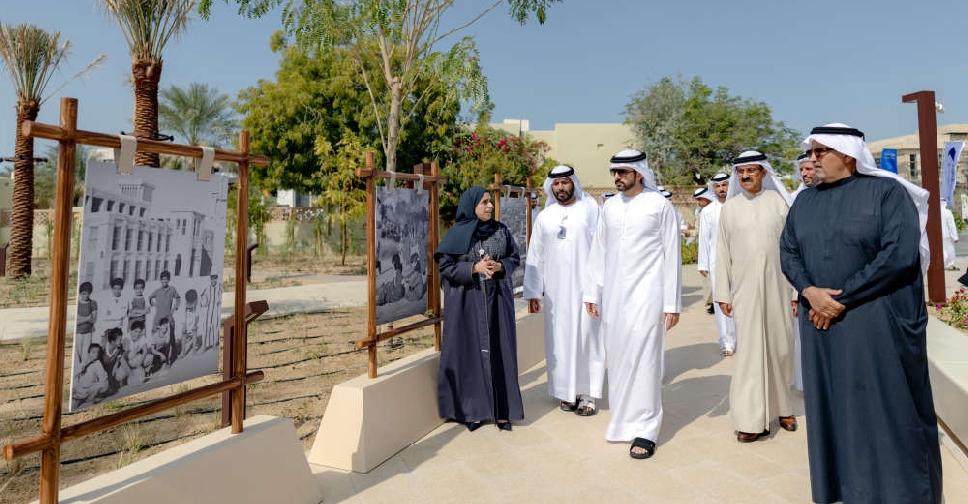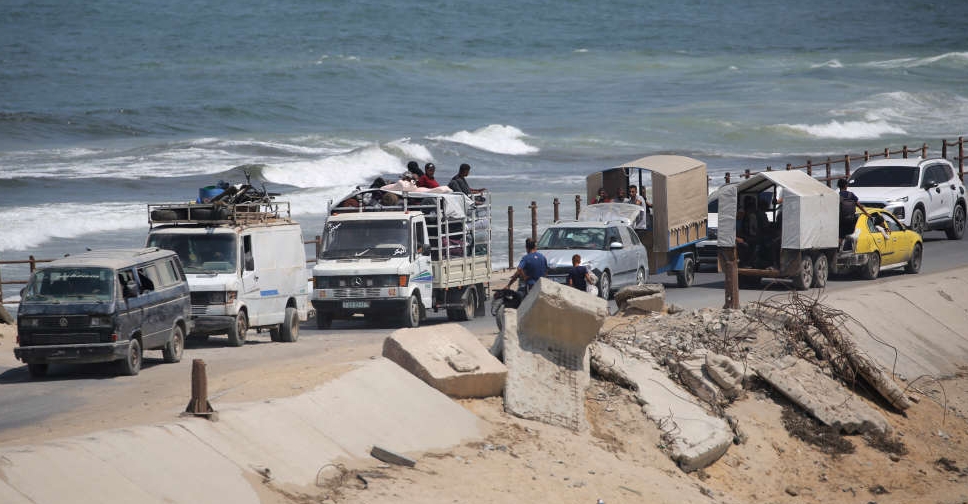
Fearing an Israeli onslaught could come soon, some Palestinian families began leaving eastern areas of Gaza City, now under constant Israeli bombardment, for points to the west and some explored evacuating further south.
Israel's plan to seize control of Gaza City has stirred alarm abroad and at home where tens of thousands of Israelis held some of the largest protests seen since the war began, urging a deal to end the fighting and free the remaining 50 hostages held by Palestinian militants in Gaza.
The planned offensive has spurred Egyptian and Qatari ceasefire mediators to step up efforts in what a source familiar with the talks with Hamas in Cairo said could be "the last-ditch attempt".
Israeli Prime Minister Benjamin Netanyahu has described Gaza City as Hamas' last bastion. But, with Israel already holding 75 per cent of Gaza, the military has warned that expanding the offensive could endanger hostages still alive and draw troops into protracted and deadly guerrilla warfare.
In Gaza City, many Palestinians have also been calling for protests soon to demand an end to a war that has demolished much of the territory and wrought a humanitarian disaster, and for Hamas to intensify talks to avert the Israeli ground offensive.
An Israeli armoured incursion into Gaza City could see the displacement of hundreds of thousands of people, many of whom have been uprooted multiple times earlier in the war.
A protest is scheduled for Thursday in Gaza City by different unions, and people took to social media platforms vowing to participate, which will raise pressure on Hamas.
The last round of indirect ceasefire talks ended in late July in deadlock with the sides trading blame for its collapse.
Sources close to the Cairo talks said Egyptian and Qatari mediators had met with leaders of Hamas and other factions with little progress reported. Talks will continue on Monday, the sources added.
Hamas told mediators it was ready to resume talks about a US-proposed 60-day truce and release of half the hostages, one official, who asked not to be named, told Reuters, but also for a wider deal that would end the war.
DIPLOMATIC DEADLOCK
Israel says it will agree to cease hostilities if all the hostages are released and Hamas lays down its arms - the latter demand publicly rejected by the group until a Palestinian state is established.
Gaps also appear to linger regarding the extent of an Israeli withdrawal from Gaza and how humanitarian aid will be delivered around the enclave, where malnutrition is rife and aid groups warn of unfolding famine.
On Saturday, the Israeli military said it was preparing to help equip Gazans with tents and other shelter equipment ahead of relocating them from combat zones to the south of the enclave. It did not provide further details on quantities or how long it would take to get the equipment into the enclave.
Palestinian economist Mohammad Abu Jayyab said at least 100,000 new tents would be needed to house those heading to central and southern areas of the coastal strip should Israel begin its offensive or the army orders Gaza City's entire population to evacuate. "The existing tents where people are living have worn out, and they wouldn't protect people against rainwater. There are no new tents in Gaza because of the (Israeli) restrictions on aid at the (border) crossings," he told Reuters.
Jayyab said some families from Gaza City had begun renting property and shelters in the south and moved in their belongings. "Some people learned from previous experience, and they don't want to be taken by surprise. Also, some think it is better to move earlier to find a space," he added.
The UN humanitarian office said last week 1.35 million people were already in need of emergency shelter items in Gaza.
The war began when Hamas-led fighters stormed across the border into southern Israel on October 7, 2023, killing 1,200 people and taking 251 hostages back to Gaza, according to Israeli tallies. More than 61,000 Palestinians have since been killed in Israel's ensuing air and ground war in Gaza, according to local health officials, with most of the 2.2 million population internally displaced.
Five more Palestinians have died of malnutrition and starvation in the past 24 hours, the Gaza health ministry said on Monday, raising the number of people who died of those causes to 263, including 112 children, since the war started.
Israel disputed the figures provided by the health ministry in the Hamas-run territory.

 Trump backs down on Greenland tariffs, says deal framework reached
Trump backs down on Greenland tariffs, says deal framework reached
 Train crashes into crane in southeastern Spain, several injured
Train crashes into crane in southeastern Spain, several injured
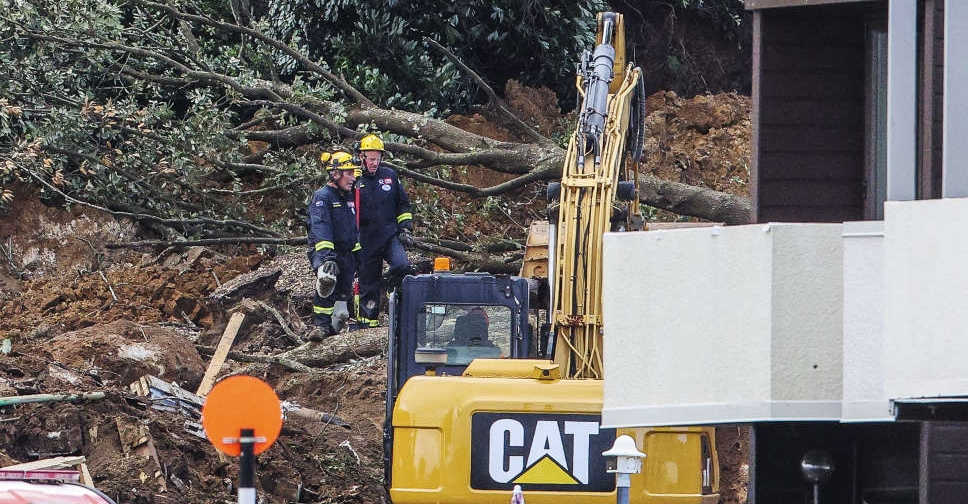 New Zealand rescuers seek landslide survivors as weather havoc kills two
New Zealand rescuers seek landslide survivors as weather havoc kills two
 3 people shot dead in eastern Australia, town in lockdown
3 people shot dead in eastern Australia, town in lockdown
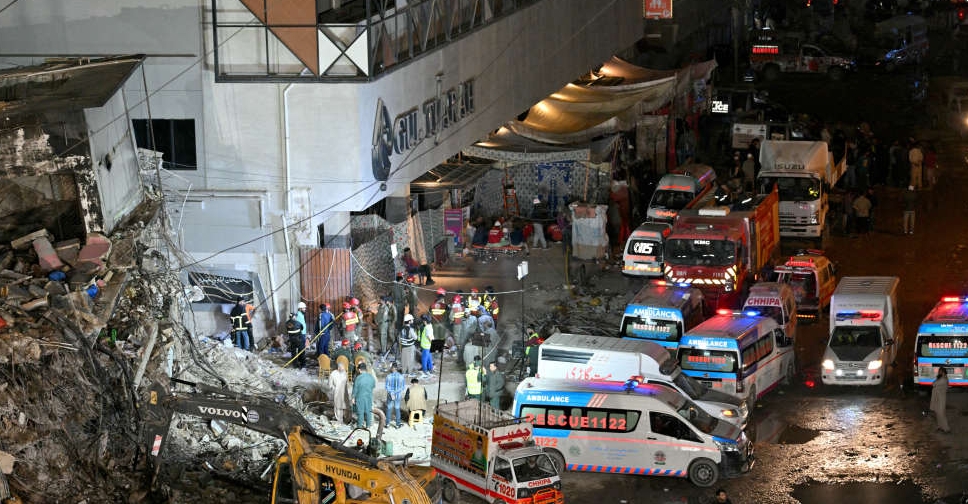 Death toll in Karachi mall fire climbs to around 50, official says
Death toll in Karachi mall fire climbs to around 50, official says


